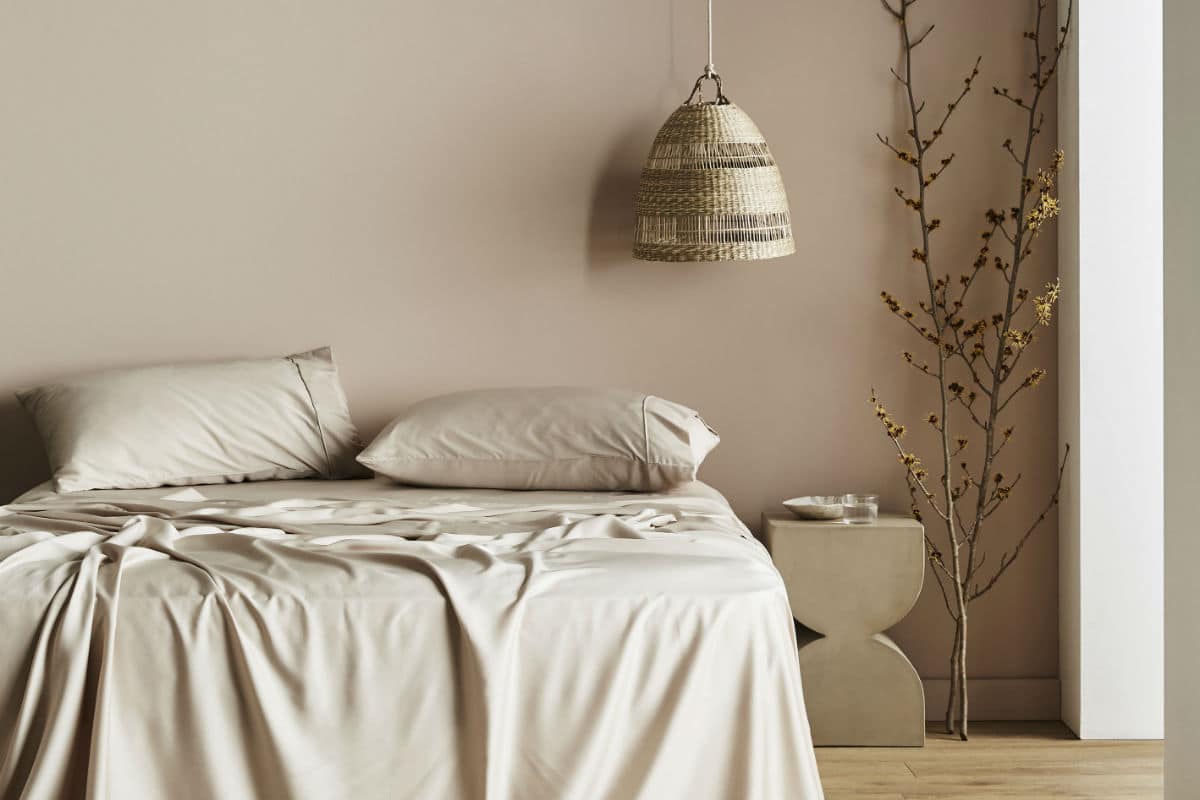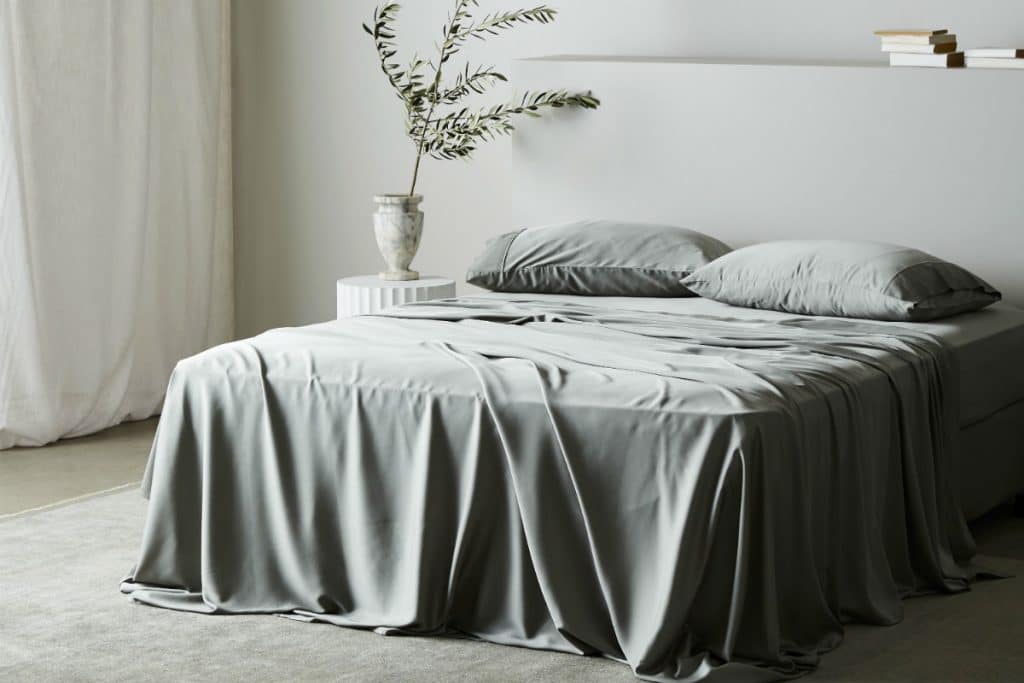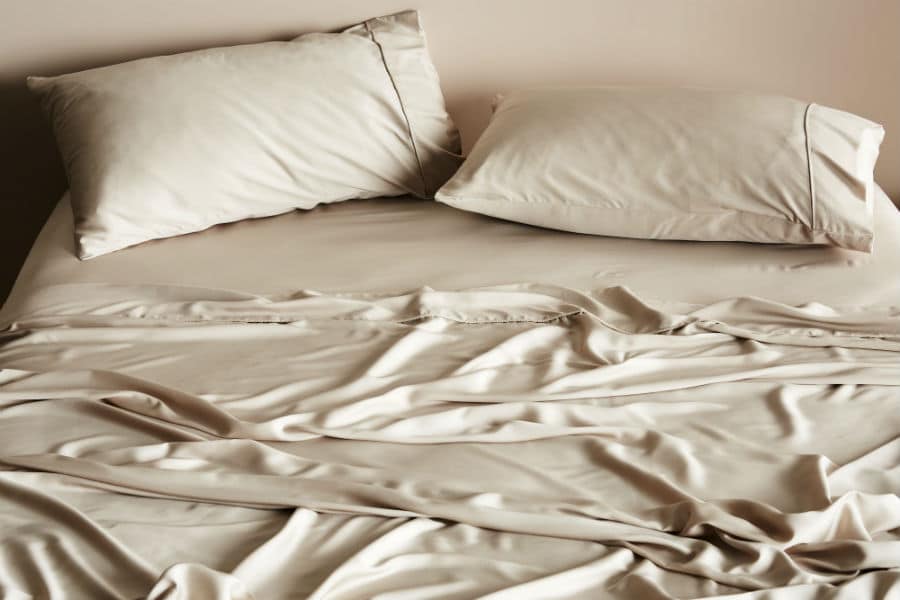
Bamboo-based fabrics have been steadily growing in popularity in recent years. Especially in the realm of bedding. More and more people are turning to bamboo sheets over traditional cotton or silk. In fact some are heralding bamboo bedding as a vegan alternative to the popular silk pillowcase.
But is bamboo bedding actually any good? We've investigated.
Leading the way in bamboo bedding is ettitude - and this brand let us in on all its research and recent findings. As it turns out, bamboo bedding offers a few key advantages over cotton sheets. Bamboo as a product is more sustainable to grow and produce, it's more comfortable to sleep in and more comfortable to sleep on.
Bamboo is more sustainable
Cotton is a wonderful fibre, but it's not secret that this is a thirsty crop. With our planet slowly running out of clean, drinkable water - especially in areas like South America and Mexico that have almost tapped out their reserve of ground water - does it really make sense for us to continue to invest in a crop that requires such vast amounts of water?
Bamboo as a plant grows quickly and matures fast. It's drought tolerant and needs very little water to grow.
Likewise, bamboo fabric is more sustainable to produce than other kinds of fabrics. Looking at brands like ettitude, its CleanBamboo™ fabric (a kind of lyocell) is produced in a closed loop system that recycles and reuses water, making it highly sustainable. It consumes just a tenth of the water used by conventional cotton sheets.
Of course, production varies from brand to brand.

Bamboo is breathable and antimicrobial
Bamboo as a fibre is breathable and thermo-regulating, which is super important for sleep wellness and comfort. Most of us will be familiar with the uncomfortable feeling of being too hot in bed and being unable to sleep. So a fabric that helps to regulate temperature is rather important to a healthy sleep pattern.
There's also evidence to show that bamboo fabric is antimicrobial. Looking to ettitude again, this brand had its bedding tested by SGS, which showed that the brand’s signature CleanBamboo™ Charcoal fabric reduced microorganisms by over 99.9%. In the same process, SGS found that cotton did not reduce microorganisms at all (0% reduction) and actually increased microorganism cultures.
Basically, cotton can help breed microorganisms like bacteria and dust-mites - but some types of bamboo (in this case ettitude's) reduced it by 99%. So, if you're someone with allergies or sensitive skin, bamboo might offer you some reprieve.

Bamboo is fabric is soft and has been called vegan silk
This is one I can personally attest to. I've tried ettitude's pillowcases and they were soft and silky in texture as promised. Were the as soft as the silk ones I have? Not quite, but they were so similar that if I'd not already known they were bamboo, I would have assumed they were indeed silk. They have certainly the same slippery benefit, not tugging on your hair or skin as you sleep - I can definitely understand why ettitude's bamboo lyocell is being called "vegan silk". They're very, very comfortable to sleep on.
It makes total sense why so many people are making the switch from cotton.



